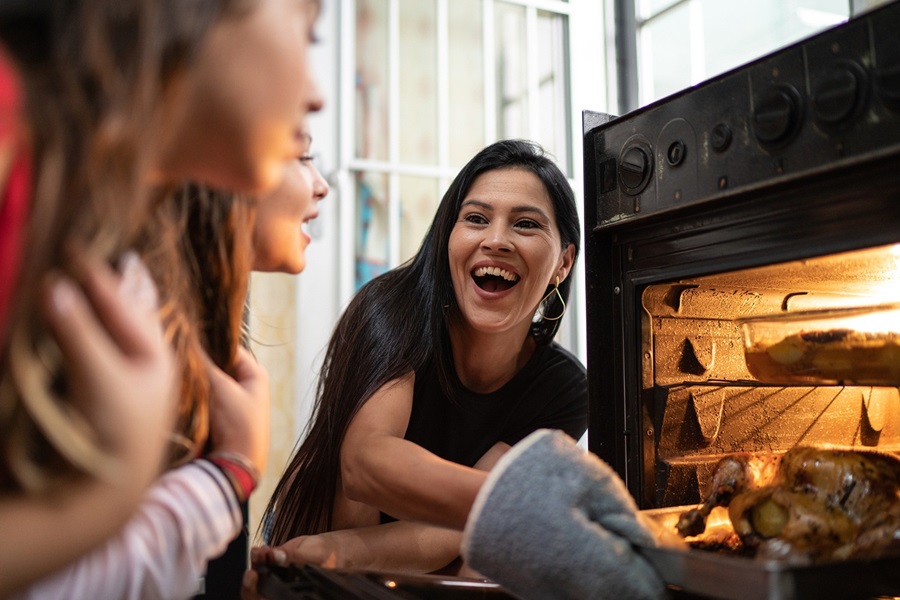Food prices in Brazil have risen 11.71% during 2021, according to the country’s IPCA (Extended Consumer Price Index). This is likely to influence what families choose to put on the dinner table during the holiday season, driving them to spend less than they used to do, or to move to cheaper categories.
Kantar data from 8,000 interviews shows that, in 2020, out of all Brazilian households that held end-of-year festivities, just 52.9% consumed a traditional festive celebration meat – such as chester (a type of bigger-than-average chicken) or turkey. The previous year, this percentage was 56%.
The share of families that mixed the more expensive seasonal meats with less costly types of meat rose from 33.5% in 2019 to 39.3% in 2020. This year, celebratory meals that are prepared using only chester, turkey or another special poultry are likely to decrease further. These products might be on the plate, but in lower quantities, alongside other proteins such as sausage, pork, beef or fish.
Last year, “seasonal poultry” was the least purchased meat category for end-of-year celebrations (29.3% in volume share – down from 37.6% in 2019), being chosen mainly by Brazil’s higher income shoppers. Beef, on the other hand, was the protein that gained the most volume share both over Christmas and New Year (26.5% volume share, versus 22.3% last year), largely due to the growth of Barbecuing as a form of celebration for end-of-year festivities. Indeed, this kind of occasion reached 38% of households that celebrated, capturing 24% of total protein consumed in these occasions.
Our data also shows that 19% of Brazilian households simply did not celebrate the holidays at all in 2020. For most of them (62%) it was the first time they hadn’t celebrated, and they largely made the decision due to COVID-19. Reduced budgets was the second highest reason for not celebrating Christmas (16%) or New Year (14%).
The harsh economic situation in Brazil will also be reflected in the Christmas gifts exchanged between family and friends. People may not give fewer gifts, but they are likely to choose more affordable presents: this was the case for 41% of households last year.
If you want to understand how consumption habits are evolving across Latin American markets, contact the Kantar team.

